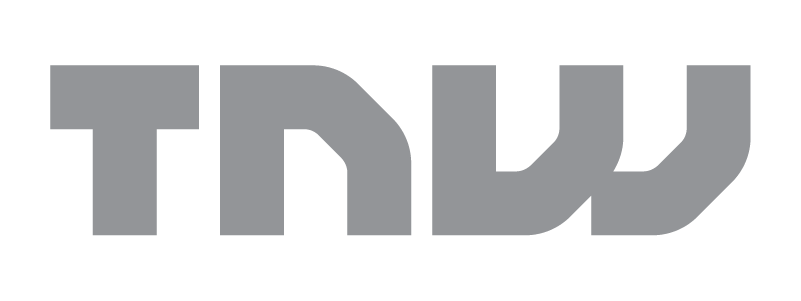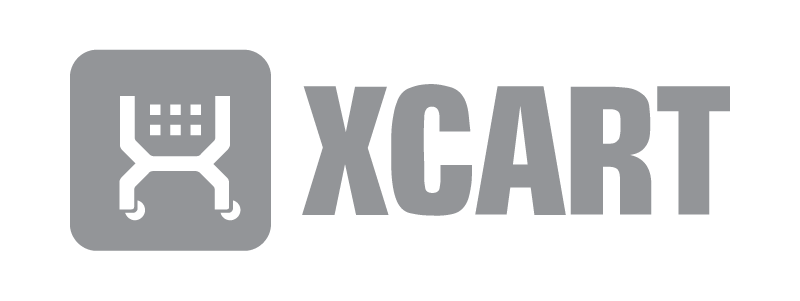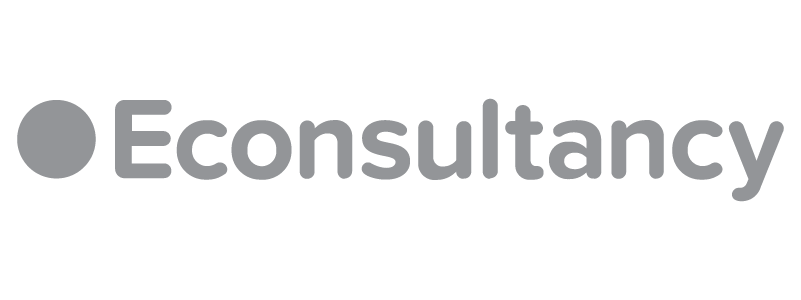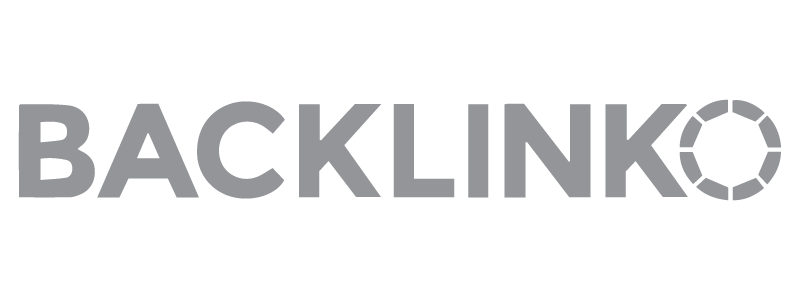What is Private Labeling?
The majority of retailers, online and offline, obtain products from suppliers. Few brands manufacture and sell products directly to consumers. Many companies sell products without their name and branding unless they use private label products.
Let’s take a closer look at what private labeling is, how it works, its pros, cons, and more. By the time you reach the end of this article, you’ll know if this is the business model you want to use.
Private Label Definition
A third-party manufacturer produces a private label product. It is sold under a retailer’s brand name.
The retailer controls everything about the product. From its specifications to how it’s packaged, and everything in between, you choose it all. Once they’ve been produced, the products are shipped to the retailer for sale.

From the consumer’s point of view, the private label products are the company’s “own brand” of products.
Private Label Examples
If you’ve ever shopped at a big box retailer, you’re already familiar with some big-name private label lines. Many national brands are private labels.
Walmart has several 3 major brands, including:
- Great Value: Walmart’s store brand food and grocery products.
- Equate: Walmart’s store brand of health and beauty products.
- Mainstays: Walmart’s line of home furnishings and decor.

Amazon has over 100 brands across several product categories, including:
- AmazonBasics: A line of products that includes household goods and electronics.
- Amazon Collection: Jewelry
- Amazon Essentials: Men and women’s clothing
- Amazon Elements: A line of vitamins and supplements.
- Presto!: A household goods line that includes paper towels, facial tissue, and toilet paper.
Other major retailers like Target and Walgreens also have their own private label brands. Grocery stores also use private labeling. If it’s a generic product in a major retailer or a store brand, it’s likely a private label product
According to the Private Label Manufacturers Association, the private label market share accounts for nearly 1/4 of unit sales in the United States. What’s more? The rate is growing faster than national brands.
How Does Private Labeling Work?
A private label manufacturer works with a brand to sell products under the manufacturer’s name. The manufacturer isn’t given any credit on the label. The products may be sold independently, or to support other products.

For instance:
Let’s say a coffee company sells its coffee to other companies so that they can use it as an ingredient. That’s a private label agreement.
That coffee brand doesn’t get mentioned on the final product’s label. But, they still get increased sales. The increased revenue helps to reduce costs across customer-facing product lines. It also makes it easier for the coffee company to pay the farmers who handle the coffee plants.
The brands using the coffee can say that it benefits farmers in another country. That marketing point helps to drive additional sales from their built-in audience.
Private labeling works well for products that add value to other products. The coffee brand sells to ice cream manufacturers to make coffee-flavored ice cream.
Advantages of Private Labeling
If you want to start an ecommerce business but don’t have experience, private labeled products can help. Your ecommerce platform may have features that make running your private label brand even easier.
Which do you think a customer is more willing to buy? A product they’ve never tried before that they see at their favorite retailer? Or a product they’ve never tried, from a business they’ve never heard of?
That said, your product has to be able to sell itself without brand advertising or promotions.
Control Over Product Development and Branding
As a retailer, you control every part of your private label line. You can define the ingredients, components and overall product quality. You can control things down to the color and shape of the product.
You control how the product is branded and marketed, too. When you sell branded products, people aren’t becoming loyal to your company. They are dedicated to the brand and their favorite items.
Since the private label products bear your branding, you can build loyalty. Over time, you can establish brand equity. That equity is valuable should you decide to sell your business.
Higher Profit Margin
Retailers control the entire supply chain, so there’s total control over product pricing. And with that pricing control comes a better profit margin than resale products.
Making your products is usually more affordable than buying premade products. As a result, you can make more money on each sale.
Additional Income from Wholesaling
Many private label businesses operate as a wholesaler for their own brand name. This lets you offer limited access to other retailers. Those retailers pay a premium acquisition cost for the right to carry your brand in their stores. You’ll generate additional income and increase your brand exposure.
Exclusivity
If you don’t want to go the wholesale route, you’ll have exclusive rights to your product. It won’t be sold anywhere other than your online store. Private labeling makes it easy to separate yourself from the competition. Many private labels succeed because good marketing creates demand for the product.
Disadvantages of Private Labeling
There are many good things about starting a business with private label products. But, there are also some disadvantages to be aware of.
Customer Perception
Most people will trust a brand they’ve used for a while. Many customers aren’t as likely to trust your smaller, lesser-known brand. It’s important to research customer preferences. When you create a new product line, knowing what your customers want is key.
Customer Loyalty
While you can someday build loyalty to a private label brand, building a brand from scratch takes time. You may struggle initially to grab hold of your target audience and convince them to become repeat buyers.
Remember, your private label brand competes with established brand names in any particular niche.
The long-standing brand names have advantages over your private brand. You’ll find them in a broader range of stores – whereas your private label lines will only be on your shelves. Plus, a national brand or intentional brand will always have a bigger marketing and promotion budget.
Minimum Order Quantity (MOQ)
Most manufacturers have minimum order amounts they require you to meet before they work with you. They have to use their resources, including production capacity. It doesn’t make sense for them to go through all the work to produce a handful of any given product. They, too, are in the business of profit. In many situations, the minimum order amount is larger than what you would otherwise order.
Unsold Inventory
Most retailers will only order what they know will sell. If they don’t have any experience with similar products, it can be challenging to know what will sell. If they order more than they need, you may be left with a lot of unsold (dead) inventory.
Packaging
This is not necessarily a con, but one more thing to think about. When you have a private label brand, you have to design and develop your own packaging. You also need to consider the cost of printing and packaging. Will you be able to produce your packaging in-house or will you need to outsource it? Getting creating with your packaging (such as eco-friendly) can also give your brand a competitive advantage.
Choosing Products to Create Private Label Lines
You’ll want to find a niche market to sell products online. The good news is, you can find something to sell in nearly any industry. A little product research can go a long way. Look for a product that is in high demand, has low competition, can be manufactured at a low cost.
Many products span multiple product categories. Popular products for private labels include:
- Baby products: Clothes, toys, etc.
- Beard grooming products: Beard oil, brushes, combs, etc.
- Body products: Makeup, cleansers, body wash, body spray, etc.
- Hair products: Shampoo, conditioner, styling products, styling tools, etc.
- Health products: Vitamins, supplements, and other personal care products
- Pet products: Pet supplies, pet food, treats, etc.
To be successful with a private label business, you need a solid manufacturer. They must produce a high-quality product at an affordable cost. When you search for private label manufacturers to partner with, there is a lot to think about.
Look for a Private Label Manufacturer that Specializes in Your Product Category
Not all private label manufacturers are created equally. If you want to sell private label cosmetics, you’ll need a company with plenty of experience with it. If you order from a general company, the products could be hit or miss. You’re far better off with a company that only produces the kind of product you want to sell.
Finding the right manufacturer for your private label product can be a challenge.
Know Exactly What Products You Want
If you’re unclear about the private label products you’re looking for, you will struggle to find the right producer. If you know you want beauty products, get specific. Do you want lotions? Body sprays? Face creams? Cleansers? All of these products can succeed under private label brands.
Look at what competing brands offer customers. How can you make your products different? Choose a supplier that not only has the products you’re looking for but can help separate you from the rest of the crowd.
Order Samples
As you search for private label products, you may find that what you see online looks great. But without ordering a sample of the private label products you intend to sell, you’re running a huge risk. Something can look great online and be a huge disappointment in reality.
You’ll want to test the private label products yourself before making a big order and trying to sell them. Many private label goods look incredible online. You may be sold once you talk to the manufacturer, whose job is to convince you to hire them. They want to secure as many private label accounts as possible – and they may embellish a bit.
You don’t want to spend money private labeling a product just to have a bunch of upset customers who didn’t get what they expected. That will destroy your brand reputation before you even had a chance to build one.
The most successful private label brands not only have great marketing. They also start with a quality product.
Order samples of any products you’re considering, so you can get an idea of their actual size. Use the product yourself to make sure it is what you expect it to be. If you don’t feel confident enough to attach your private label to it, keep searching.
Domestic vs. Overseas Manufacturers
There are plenty of private labeling companies to work all around the world. Domestic companies are located in the United States (or the country you live in.)
Overseas are international companies. In most cases, however, you’re working with an Asian manufacturer. Many retailers use companies based in China, Taiwan, and India.
Going on price alone, you’ll want to use an overseas manufacturer. Overseas options will always be cheaper than American companies. But that’s not the only factor to consider.
Advantages of Domestic Manufacturing
- Higher-quality manufacturing
- Better labor standards
- No language barrier
- Faster shipping
- Easier to verify the reputation
- Better payment security and resources
- Market appeal of American-made
Disadvantages of Domestic Manufacturing
- Higher costs
- Fewer product choices. The simple fact is many items aren’t produced in North America anymore.
Advantages of Overseas Manufacturing
- A variety of manufacturers to choose from
- Lower manufacturing costs
- Services like Alibaba have made it easier to navigate choosing a manufacturer.
Disadvantages of Overseas Manufacturing
- Customers perceive products as lower quality.
- Generally lower labor and manufacturing standards.
- Cultural differences in business practices
- Communication and language barriers may make the supplier relationship difficult to navigate.
- Longer shipping times
- Longer lead times due to imports and customs clearances
- Less payment security
White Label vs. Private Label
The distinction between white label products and private label is subtle. Private labels are sold exclusively for one company, such as the Equate brand in Walmart. A white label product is a generic product sold to many retailers, like generic acetaminophen (Tylenol).
Private Labeling Food Product Example
With a private labeling relationship, you control the specifications, ingredients, etc. You just pass off the manufacturing to someone else with the facility and supplies to do it.
Let’s say you have a lasagna recipe that’s been passed down for generations. You want to turn it into a business. You locate a manufacturer who can mass-produce lasagnas with your exact recipe.
The manufacturer makes and bakes your lasagnas, puts them in the packing you designed, and then sells and ships the lasagnas to you. At that point, You can either sell the lasagnas on your own website or sell your lasagnas to wholesalers, who then turn around and sell them to grocers. Or, you can do a mixture of the two.
White Labeling Food Product Example
A white label relationship removes control over the ingredients and specifications. You’re only in control over what the label itself looks like.
White label products are manufactured by a third party and sold under your brand name. They are also manufactured and sold under countless other brand names.
Let’s continue with the lasagna example. In this case, you want a lasagna that looks like you made it. You don’t have a recipe or the ability to mass-produce your lasagna. So, you find a manufacturer who specializes in making lasagnas. They take their lasagna, bake it, package it, then put your label on it. They ship the lasagnas to you.
You can sell your lasagna to wholesalers who sell it to retail grocers. Or, you can sell the lasagnas on your website.
In either case, you end up with a unique brand. Whether that includes unique ingredients or a unique product depends on which approach you use. Both situations give you products to sell. Either way, you can build a customer base.
You won’t have as much control over profit margins with a white label product. The supplier will have fixed fees they charge. You’ll have to pay them to get your product.
FAQs
Ready To Start Your Dream Business?
Is private label right for you? It depends. If you have a unique product, then a private label business can be a great way to start your own brand. Private labeling cuts down your manufacturing costs and prevents others from using your exact product. Many big brands have used this strategy to get started.
If you have a unique idea, creating your own products can disrupt the market. If you want to build your store with products that aren’t unique, then white labeling or reselling may make more sense.









